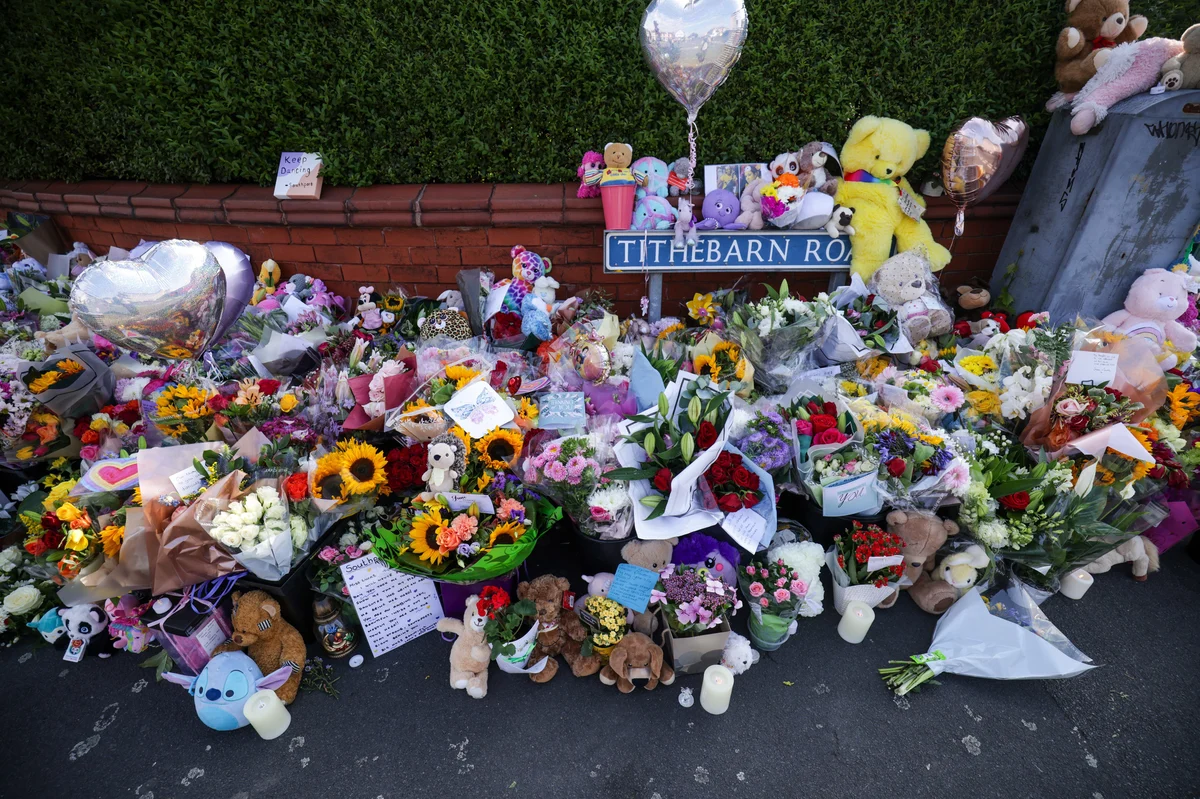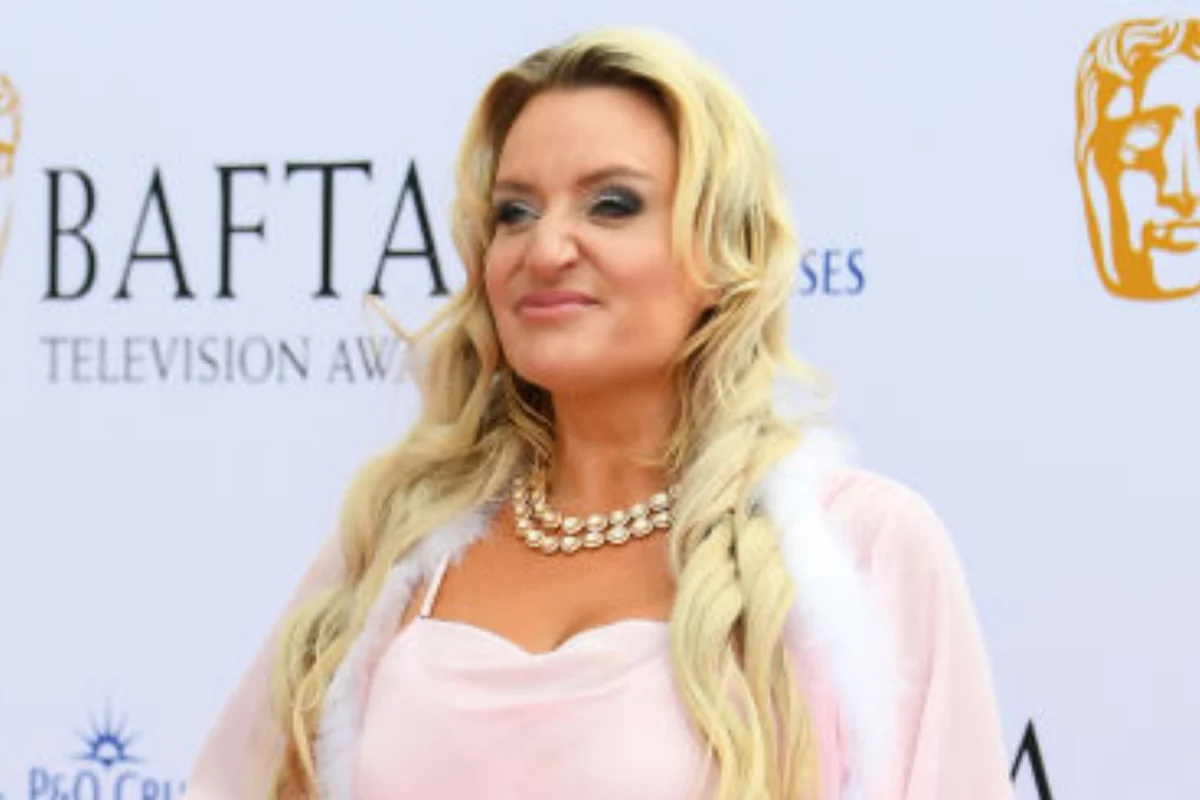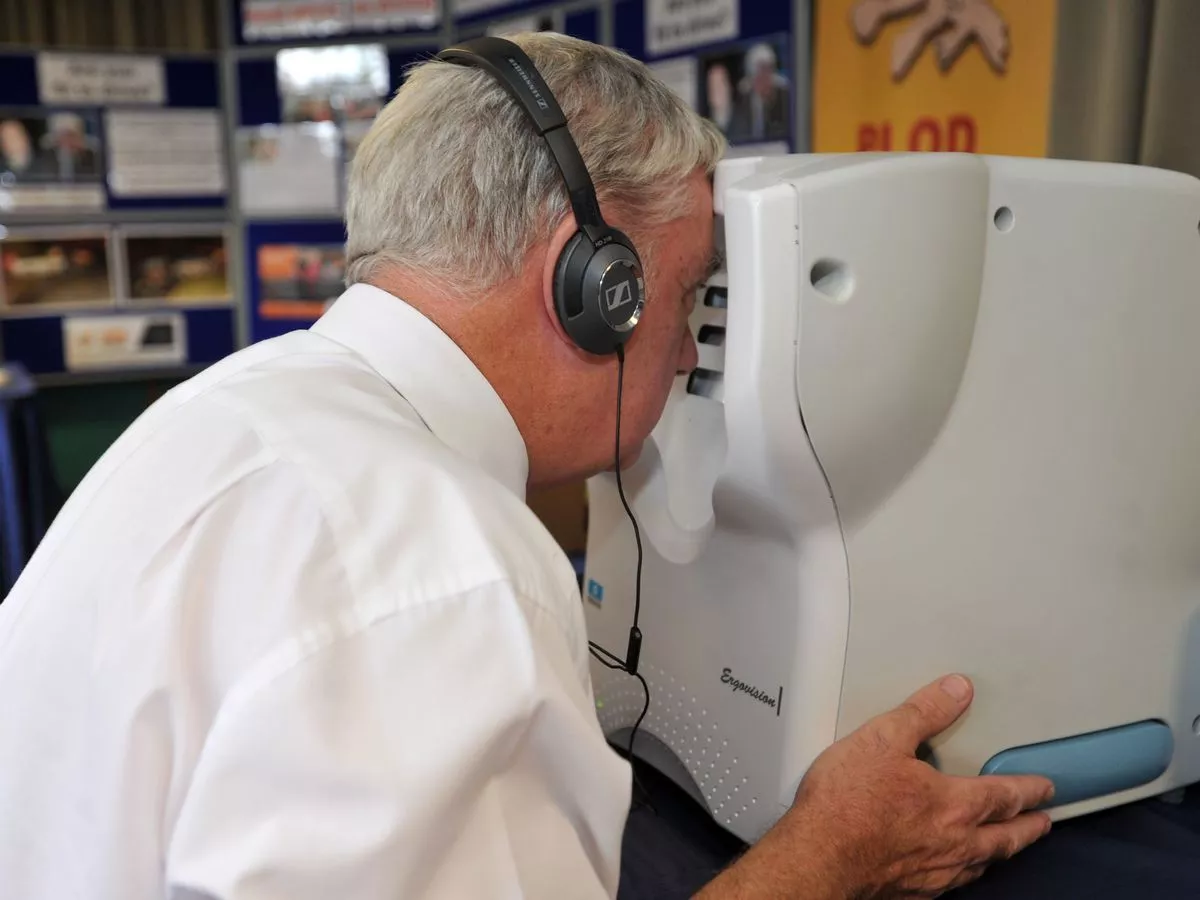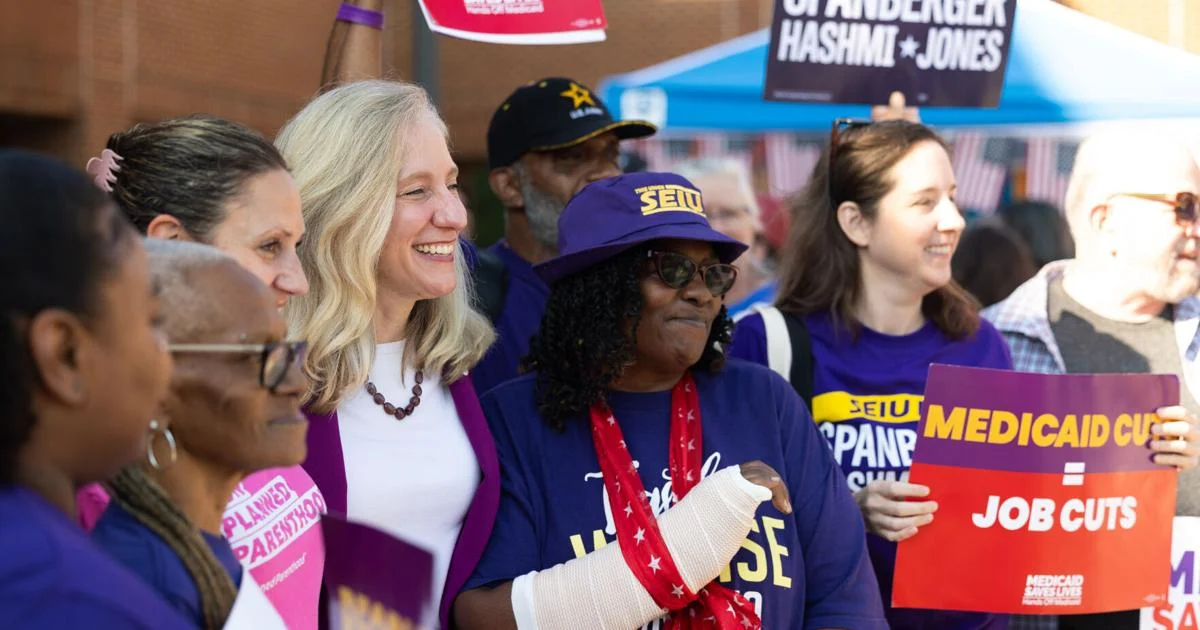Copyright standard

A £5 bet on what would happen to Axel Rudakubana was reportedly offered at a meeting of professionals who were discussing his care five years before he carried out his attack on a Southport dance class. The Southport Inquiry heard on Tuesday from health service staff who were involved with Rudakubana from 2019, when he was referred for an autism diagnosis. On July 29 last year, the-then 17-year-old murdered Elsie Dot Stancombe, seven, Bebe King, six, and Alice da Silva Aguiar, nine, in a knife attack at a Taylor Swift-themed dance class. A note of a multi-agency meeting about the teenager, on January 21 2020, recorded that mention of a bet was made by John Hicklin, a clinical nurse specialist with the Forensic Child and Mental Health Service (FCAMHS), a service which which works with young people with high-risk behaviour. The meeting was also attended by deputy headteacher Joanne Hodson from the Acorns School, the pupil referral unit which Rudakubana attended after he was expelled from the Range High School in Formby for taking a knife in. According to the note, Mr Hicklin said there was no “crystal ball” to show what Rudakubana would do and “he would offer a £5 bet to anyone who could say what was going to happen next”. Mr Hicklin was reported to have said Rudakubana, referred to during the inquiry as AR, clearly needed specialist provision “but, unfortunately you have been left holding the baby”. Mr Hicklin said the note lacked context. He said: “This was about, I would say, thinking about the future and how we move on from an understanding of the risk to finding a way to kind of manage that in a community setting.” Amanda-Jayne Browne, head of operations at Greater Manchester Mental Health NHS Foundation Trust, which operates the FCAMHS for the North West, said Mr Hicklin’s comments did not reflect the values, standards and expectations of the service. She said: “They don’t reflect the standards and values because they seem very flippant. They don’t seem to acknowledge the gravity of the concerns and risks evident.” The inquiry heard FCAMHS closed Rudakubana’s case in March 2020 because he was waiting for an autism diagnosis. Mr Hicklin said: “I felt that we were able to make some helpful and sensible recommendations about what would be necessary to manage the risk, and an ASD diagnosis was the main priority as that would further give some clarification to the risk.” Ms Browne said she thought a meeting of professionals should have been called before the case was closed to ensure it was a “safe discharge”. She said it would “absolutely” have been appropriate for Rudakubana to be referred back to the service following his formal diagnosis of autism and other incidents. Nicholas Moss KC, counsel to the inquiry, asked: “How surprised are you that AR was not referred back to FCAHMS?” She said: “There were many missed opportunities.” Had he been referred back, she said she thought he would have been assessed by the service. She said: “There would have been a greater formulation of what was occurring, a bringing together of all the information that was available in terms of the violence and aggression and risk and extremism that was at play within this case. “From that formulation there would have been plans made in terms of supportive treatment for the family, for the community and for AR.” Earlier on Tuesday, the inquiry heard Rudakubana waited 45 weeks for an appointment after he was referred to the community paediatric service for an autism diagnosis in November 2019. The inquiry, sitting at Liverpool Town Hall, heard the average waiting time for an appointment was 11 weeks. The inquiry will continue on Wednesday.



